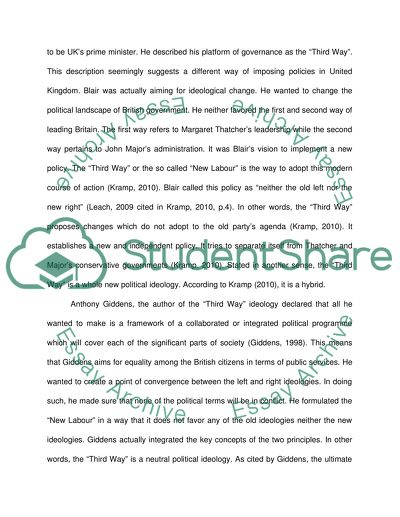Cite this document
(“UK politics Essay Example | Topics and Well Written Essays - 2000 words”, n.d.)
Retrieved from https://studentshare.org/environmental-studies/1410115-uk-politics
Retrieved from https://studentshare.org/environmental-studies/1410115-uk-politics
(UK Politics Essay Example | Topics and Well Written Essays - 2000 Words)
https://studentshare.org/environmental-studies/1410115-uk-politics.
https://studentshare.org/environmental-studies/1410115-uk-politics.
“UK Politics Essay Example | Topics and Well Written Essays - 2000 Words”, n.d. https://studentshare.org/environmental-studies/1410115-uk-politics.


